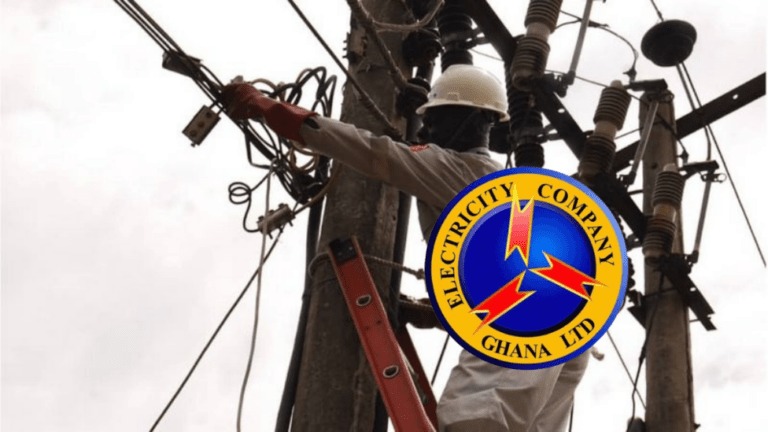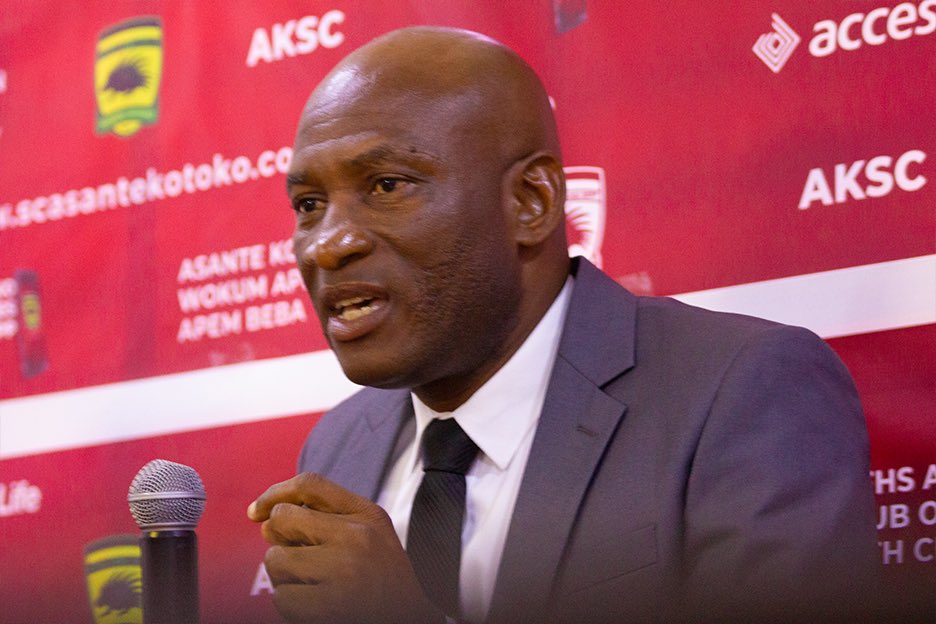One of the promises made by the New Democratic Congress (NDC) to Ghanaians is the concept of a 24-hour economy. Countries like the United States, the United Kingdom, and China have already embraced round-the-clock economic activity, with businesses, transport, and essential services operating beyond traditional hours.
With the approval of the 2025 budget, what does this new policy mean for individuals, businesses, and the broader economy?
Understanding the 24-Hour Economy
A 24-hour economy refers to an economic system in which businesses and services operate continuously, beyond the usual 8-to-5 schedule.
This may include late-night retail, round-the-clock healthcare, extended transportation services, and entertainment that runs deep into the night.
According to the 2025 Budget Statement, the government plans to create an enabling environment for businesses and institutions to operate 24/7 in three shifts of eight hours each.
What’s in it for you?
More Job Opportunities
One of the biggest benefits of a 24-hour economy is job creation. With businesses operating at all hours, there will be a need for more workers in various sectors, including retail, healthcare, security, transport, and hospitality.
To support this, the government is introducing:
• The Ghana Labour Export Programme, which will create safe and structured job placements abroad while maximising remittances.
• The National Apprenticeship Programme, with a GH¢300 million allocation, to train young people in technical and vocational skills to meet the demand for a 24-hour workforce.
These programmes mean more employment options both locally and internationally for the Ghanaian youth.
Convenience and Better Services
A 24-hour economy could change daily life for the better—especially for young people. Imagine being able to buy food late at night after a long day, hopping on a trotro or Bolt after midnight without stress, or accessing healthcare in the middle of the night without panic.
It’s like Accra, Kumasi, or Tamale never sleeps—offering more freedom, flexibility, and convenience. Plus, fewer crowds during the day mean less congestion when running errands or going to work.
Boost to Local Businesses and the Economy
When businesses stay open longer, they generate more revenue. A thriving nightlife, for example, boosts the hospitality and entertainment industries.
Additionally, small businesses that extend their operating hours will have a better chance of competing with larger corporations.
To make this work, the government is rolling out:
• The $10 billion “Big Push” infrastructure programme, which will build roads, expand industrial zones, and improve energy supply to sustain continuous business operations.
• The Ghana Gold Board (GOLDBOD), with an initial US$279 million investment, to regulate and support gold exports, helping stabilise the cedi and boosting industrial funding.
With better infrastructure and increased business financing, companies can scale up operations and hire more workers.
Increased Productivity
With round-the-clock operations, businesses can optimise production, reduce idle time, and potentially increase efficiency.
The government’s Made-in-Ghana Agenda ensures that government procurement prioritises locally produced goods, creating demand for Ghanaian businesses.
In the agricultural sector, the Agriculture for Economic Transformation Agenda (AETA) aims to increase food production and reduce reliance on imports, stabilising food prices and encouraging food processing and export under 24-hour industrial shifts.
Stabilising the Economy and Strengthening the Cedi
One of the key benefits of a 24-hour economy is its role in economic stability. More production and exports will lead to greater foreign exchange earnings, which will help strengthen the Ghanaian cedi.
To ensure this, the government is:
• Establishing the Ghana Gold Board (GOLDBOD) to manage gold reserves and forex inflows.
• Encouraging export-led industries to increase Ghana’s trade surplus and stabilise the economy.
Labour Rights and Fair Wages
A key concern in 24-hour economies is ensuring fair wages and protecting workers’ rights—especially for those working night shifts. Night work can take a toll on health, safety, and work-life balance, so it is essential that those keeping the economy running after dark are treated fairly.
To address this, the government plans to review the Labour Act and the Ghana Investment Promotion Centre Act, possibly modernising workplace policies and strengthening protections for all workers, day or night.
Additionally, the government intends to reward businesses that adopt 24-hour work shifts with incentives to improve their working environments.
Challenges to Consider
While a 24-hour economy has many benefits, it also comes with challenges. Issues like worker fatigue, security concerns, and increased operational costs need to be addressed. Governments and businesses must ensure fair wages, safe working conditions, and adequate infrastructure to support such a system.
The Future of a 24-Hour Economy in Ghana
The concept of a 24-hour economy is gaining attention, with discussions on whether it can be implemented successfully. To make it work, policies must support businesses, workers, and infrastructure. Investments in electricity, transportation, and security will be critical.
We are still awaiting the draft of the 24-Hour Economy Bill, which is expected to detail the framework for implementing the policy. Although the government committed to laying the bill before Parliament within 120 days, over 90 days have passed with no visible progress.
A 24-hour economy is more than just an idea—it represents a shift towards a more flexible, productive, and inclusive economic system.
Whether you are an employee looking for new opportunities, a business owner exploring expansion, or a consumer seeking convenience, there’s something in it for you. However, its success depends on careful planning, infrastructure, and policies that ensure it benefits everyone.
DISCLAIMER: The Views, Comments, Opinions, Contributions and Statements made by Readers and Contributors on this platform do not necessarily represent the views or policy of Multimedia Group Limited.






















